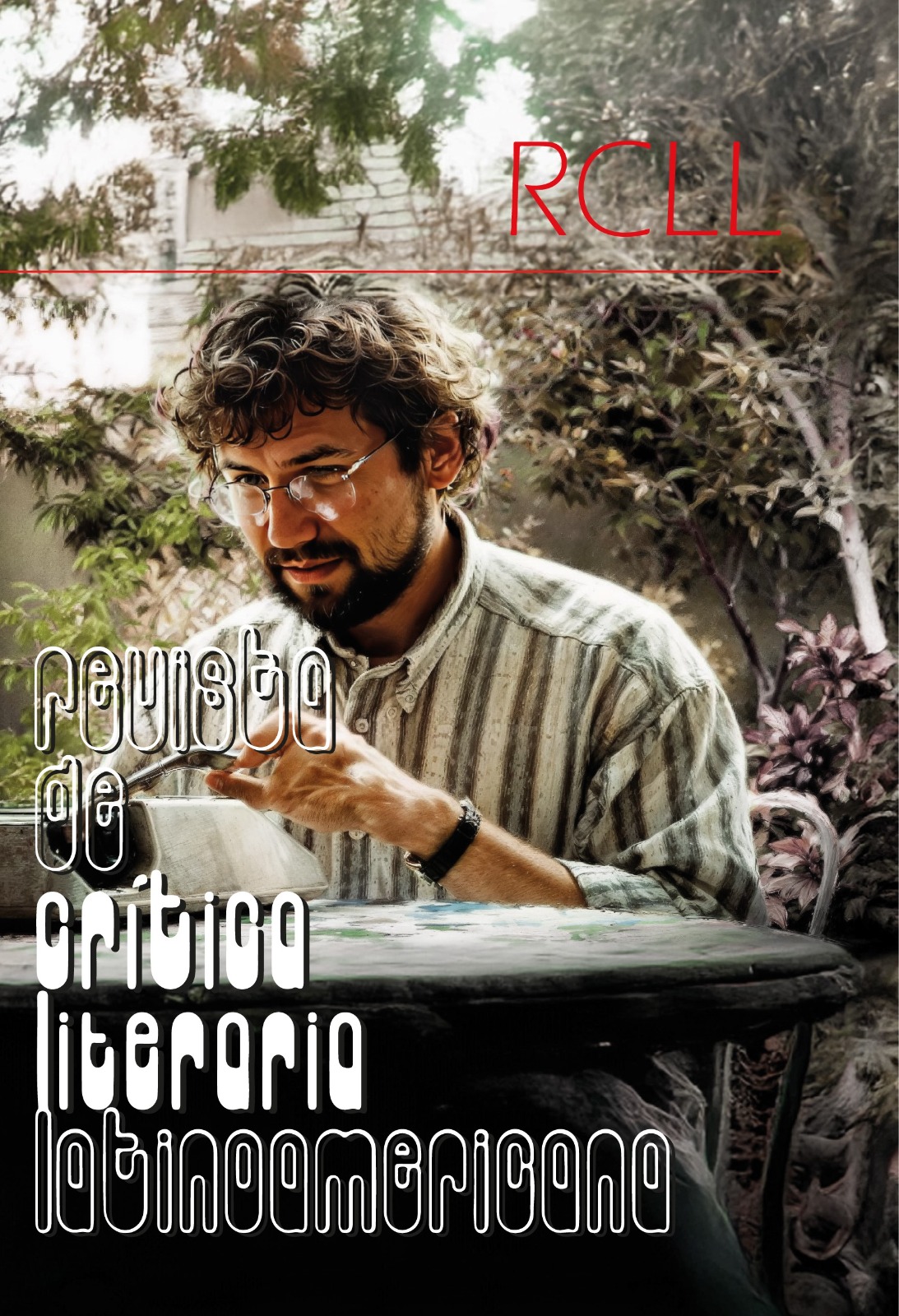Dos ficciones de Julio Ortega en el panorama literario de las violencias políticas peruanas de 1960 y 1980
Palabras clave:
Violencia política, Julio Ortega, literatura peruana, representación subalterna, memoria históricaResumen
El artículo analiza dos ficciones de Julio Ortega (Mesa Pelada y Adiós Ayacucho), contextualizándolas dentro de los períodos de violencia política en el Perú (1960 y 1980). Explora cómo ambas obras abordan la representación del conflicto desde perspectivas éticas y subalternas, con un enfoque en la crisis del lenguaje y la memoria en contextos violentos. Mesa Pelada reconstruye la experiencia guerrillera de los años sesenta, mientras que Adiós Ayacucho critica la violencia interna de los ochenta desde el punto de vista de las víctimas. Ortega emerge como un cronista literario que conecta estos momentos históricos, ofreciendo una reflexión profética y crítica sobre la guerra y su impacto en la sociedad peruana.





